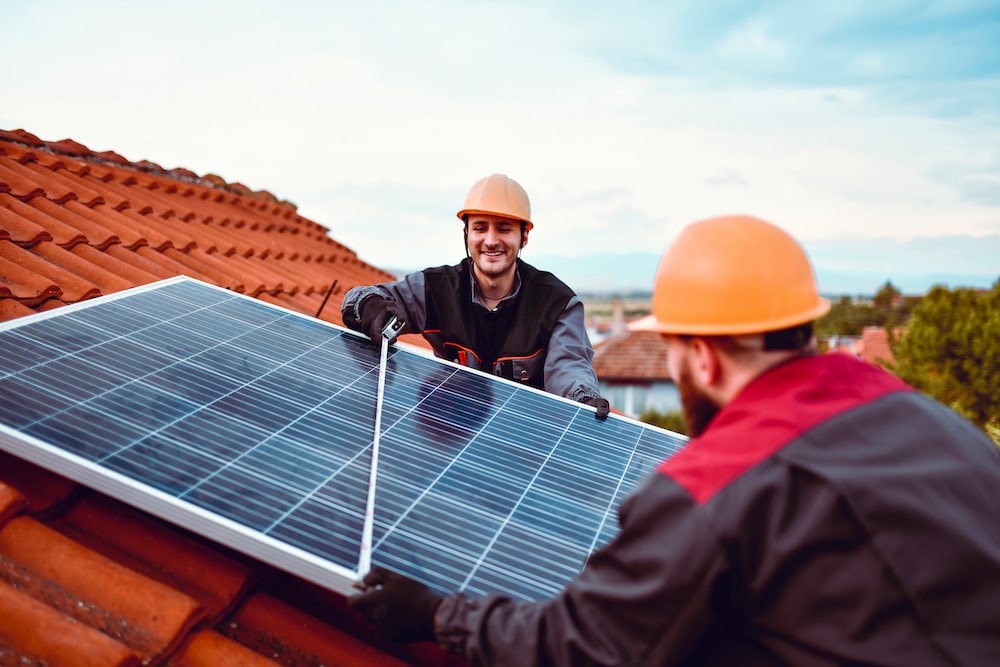Six solar battery installers – five of them local companies – have joined the ACT Government’s Next Generation Energy Storage (Next Gen) program, one of the largest rollouts of solar batteries in the world.
The new program providers are ECG Electrical, Solahart Canberra, Solar4life, Solargain, SolarHub, and SunStak. In the previous round, there were only two installers.
“Allowing more installers into the program gives households and businesses greater choice when selecting battery storage, and will also promote greater competition, which in turn will drive down prices,” Shane Rattenbury, Minister for Energy and Emissions Reduction, said.
The ACT Government intends to make Canberra a global centre for renewable energy innovation and investment, a launching pad for national and international businesses wanting to invest in the global battery storage market, expected to be worth more than $400 billion by 2030.
Read more:
- Towards a cleaner Canberra: ACT Government budgets for climate action
- Here comes the sun: Rooftop solar panels on the rise in the ACT
The $25 million Next Gen program offers rebates for installing solar batteries in homes and offices. Since it was set up in 2016, more than 1,600 batteries have been installed, providing rebates for 7.3 megawatts of storage output. The government offers rebates of up to $825 for each kilowatt of sustained peak output, resulting in an average rebate of $4,000.
Mr Rattenbury said the scheme would help householders save money, cut energy bills, and protect the environment, while supporting the ACT solar industry and reducing the burden on the energy grid.
He said businesses could build a cost-effective energy system in their warehouses, combining batteries with a lot of solar panels. Households could put a solar array on their rooves, charge it during the day while they were at work, and draw the power out of their battery when they came home at night – “essentially pulling back your own free energy out of your battery at home”.
Callum Beaton, owner-director of ECG Electrical, said his company had wanted to join the program for a long time. He had seen a big uptake in solar batteries; since COVID-19, people wanted to become more self-sufficient and do their bit for the environment.
Interest in solar batteries has increased since the ACT Government announced its Sustainable Household Scheme, through which middle-income Canberrans can borrow up to $15,000 to install batteries, solar panels, zero emission vehicles, and energy-efficient appliances.
Mr Rattenbury expected the price of batteries (currently $6,000 to $10,000 for a 6.6 kW system) to come down; a step change in battery prices will make them more affordable.
More solar installers will be able to apply to become program providers next month.
For more news:



